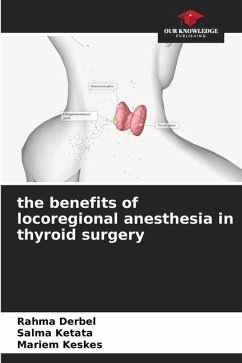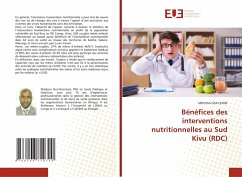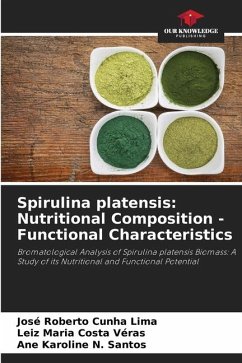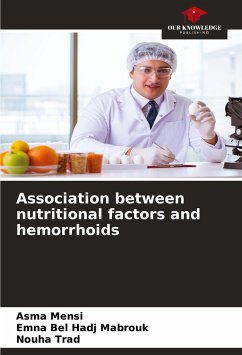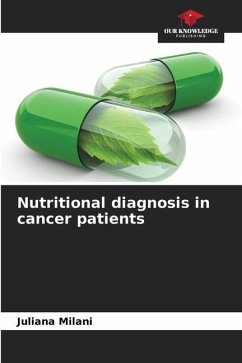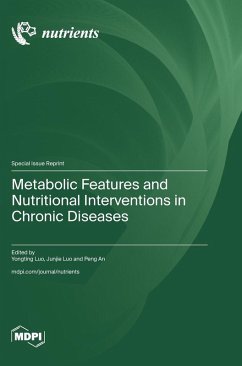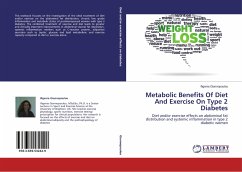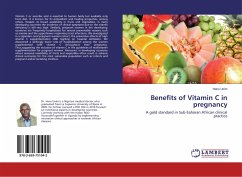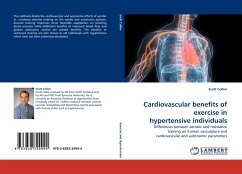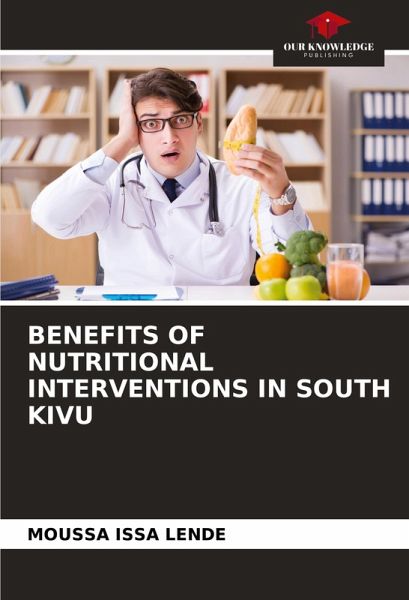
BENEFITS OF NUTRITIONAL INTERVENTIONS IN SOUTH KIVU
Versandkostenfrei!
Versandfertig in 6-10 Tagen
29,99 €
inkl. MwSt.

PAYBACK Punkte
15 °P sammeln!
In general, the aim of humanitarian nutritional assistance is to save or change lives by providing assistance to victims of humanitarian crises without discrimination.In this book, the author's aim is to assess the benefits of humanitarian nutritional intervention for the vulnerable population of South Kivu in DR Congo. His work involved 630 randomly selected mother-child pairs who had benefited from the nutritional intervention in 63 health areas in the territories of Kalehe, Kabare, Walungu and Uvira.Among these mother-couples, 37% of mothers of MAS-C children (severe acute malnutrition with...
In general, the aim of humanitarian nutritional assistance is to save or change lives by providing assistance to victims of humanitarian crises without discrimination.In this book, the author's aim is to assess the benefits of humanitarian nutritional intervention for the vulnerable population of South Kivu in DR Congo. His work involved 630 randomly selected mother-child pairs who had benefited from the nutritional intervention in 63 health areas in the territories of Kalehe, Kabare, Walungu and Uvira.Among these mother-couples, 37% of mothers of MAS-C children (severe acute malnutrition with complications) appreciated the medical treatment more and 85% of mothers of children aged 23-59 months participated more in the cooking demonstration activities (child feeding).In conclusion, the author's work revealed that the capacity building received by mothers was not linked to the sustainability of nutrition activities (p>0.05). On the other hand, there was a statistical link between the nutritional practices of mothers and the medical care received by children (p <0.05).





